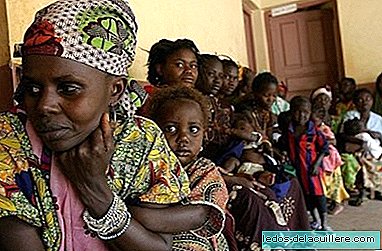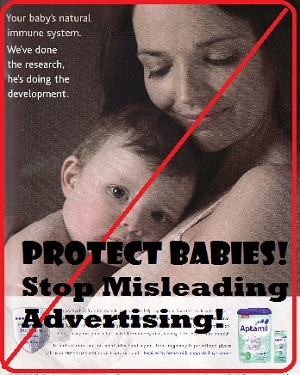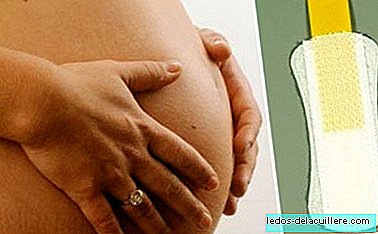
Just published a great study on perinatal death in the world which highlights the tragedy of child deaths that occur before and during childbirth, especially in developing countries.
Almost 70 specialists and 50 institutions from 18 countries have participated in this study which, after two years of work, is published in the latest special monographic issue of the British magazine 'The Lancet'.
Recall that the term "perinatal" ('stillbirth', in English) in its most widespread definition encompasses all deaths that occur within the uterus since the 28th week of gestation until the deaths caused by problems during childbirth.
In total, perinatal death is charged 2.6 million annual victims (about 7,000 deaths a day) and that is mostly primed with poor countries, where 98% of perinatal deaths occur.
Several of the authors of this extensive analysis remember that rich countries are not completely free from this tragedy, in which 30% of cases still have no known cause.
Every year there are more deaths in the world during pregnancy than from diseases such as AIDS and malaria together and many could be avoided.
Causes of perinatal death
In the most disadvantaged countries on earth, children die before birth because of, above all, poor attention to pregnancy or maternal infections. The study indicates that only 5% of these deaths are due to malformations or genetic abnormalities. The importance of good medical care, sexual and hygiene education or the work of midwives in these areas is fundamental.
In the rich world, such disparate factors as maternal age above 35, obesity, tobacco or alcohol can cause fetal death in the last trimester of pregnancy.
Of the 2.6 million deaths, 1.4 million occur in the womb, and the other 1.2 million are caused by complications during delivery (especially in the third world).
According to the study, in industrialized countries, the perinatal mortality rate is around five cases per 1,000 births (Spain is slightly below the average with 3.2), but this phenomenon still receives little attention and dedication.
Janet Scott of the 'Stillbirth and Neonatal Death Charity' (United Kingdom) affects the emotional side of this fact, which should not be neglected either. The fathers and mothers who are going through this tragedy deserve attention, dedication, recognition and more research aimed at finally unraveling the last causes of the phenomenon.
This great study on perinatal death in the world it opens our eyes to other realities but also to ours, because in any case, beyond the percentages, fetal death is a devastating event for families.












